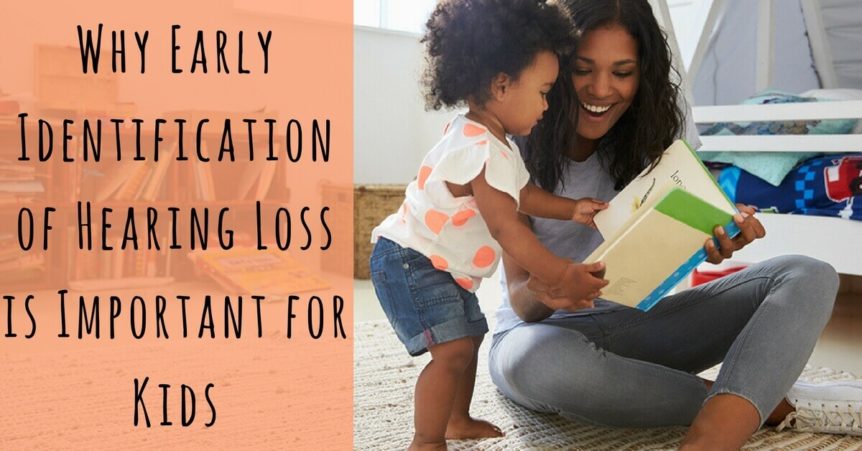You want to do everything you can to make sure your child grows up happy and healthy, and you’ve read all the parenting books you could find. You go for regular checkups, give them healthy food, and encourage exploration and play. But none of this will help your child learn language and communication skills if they’re struggling to hear.
How Common is Hearing Loss in Kids?
Hearing loss in children is more common than you think. Around 2 of every 1,000 children are born with hearing loss, which is often detected in infant screening tests. But the Centers for Disease Control estimate that 12% of children and adolescents suffer from hearing loss. Hearing loss in kids can be due to an illness like measles or meningitis, an ear infection, head injury, or exposure to second hand smoke. Hearing loss is also caused by exposure to loud noises, either at school, at home, or from unsafe listening practices with earbuds on full volume.
Early Intervention is Important for Kids
Living with hearing loss at any age is a challenge, but for children, hearing loss isn’t just a hassle, it’s a game changer. As your child grows, they pass a lot of critical milestones when it comes to development. Even before they can speak, babies are learning language, and listening to others talk is important for developing speech as well as for bonding with loved ones. If your little one can’t hear, they’ll be seriously delayed learning speech and language. For kids, every day is a learning experience, and every day they can’t hear is slowing them down.
Once they reach school age, children with hearing loss perform significantly worse than their hearing peers in all school subjects. Many teachers think children with hearing loss have a learning disability, or are acting out, when in reality they just can’t hear what’s being said. If you’ve noticed any problems in school, don’t delay! Early intervention and treatment are critical so your child can keep up with their hearing peers, participate in school and social activities, and learn and grow normally.
Signs of Hearing Loss to Watch Out For
It can be difficult to know if your child has hearing loss, but one easy way to monitor their hearing is to be aware of speech and hearing milestones, and make sure your child is growing normally.
From birth to 9 months: In the first few months of their life, your baby should wake up or startle at loud sounds, and coo or smile when you talk to them. They will often respond to toys that make sounds, start to make babbling noises, and understand hand gestures such as waving goodbye.
From 9 to 15 months: In this period, your child makes a lot of babbling sounds, respond to their name, and understand basic requests.
From 15 to 24 months: During this time, your child will start to use words, point at things, name objects, enjoy songs, and understand much of what you say.
In older children: There are a few signs of hearing loss to watch for as your child ages. If their language isn’t developing at the same speed as their peers, or they don’t respond when they call your name, they may be facing hearing loss. Does your child complain about ear pain, respond inappropriately, or sit too close to the TV? These are all signs of hearing loss, and you should get their hearing tested right away.
Treating Hearing Loss
If you think your child has hearing loss, visit us at Neighborhood Hearing Aid Center where we know all about hearing loss in kids. We’ll make the hearing assessment easy and fun, and you and your child will enjoy the appointment.
We carry a wide range of hearing devices made specifically for kids, with all the programs and settings they need to play and grow, interact with kids at school, and be able to hear clearly. Our most popular devices are behind the ear models that allow you to easily see if the device is functioning and adjust it as necessary. They come in a wide selection of bright colors, so your child can pick their favorite tone, and will be excited to wear it and hear the world around them in a whole new way.

